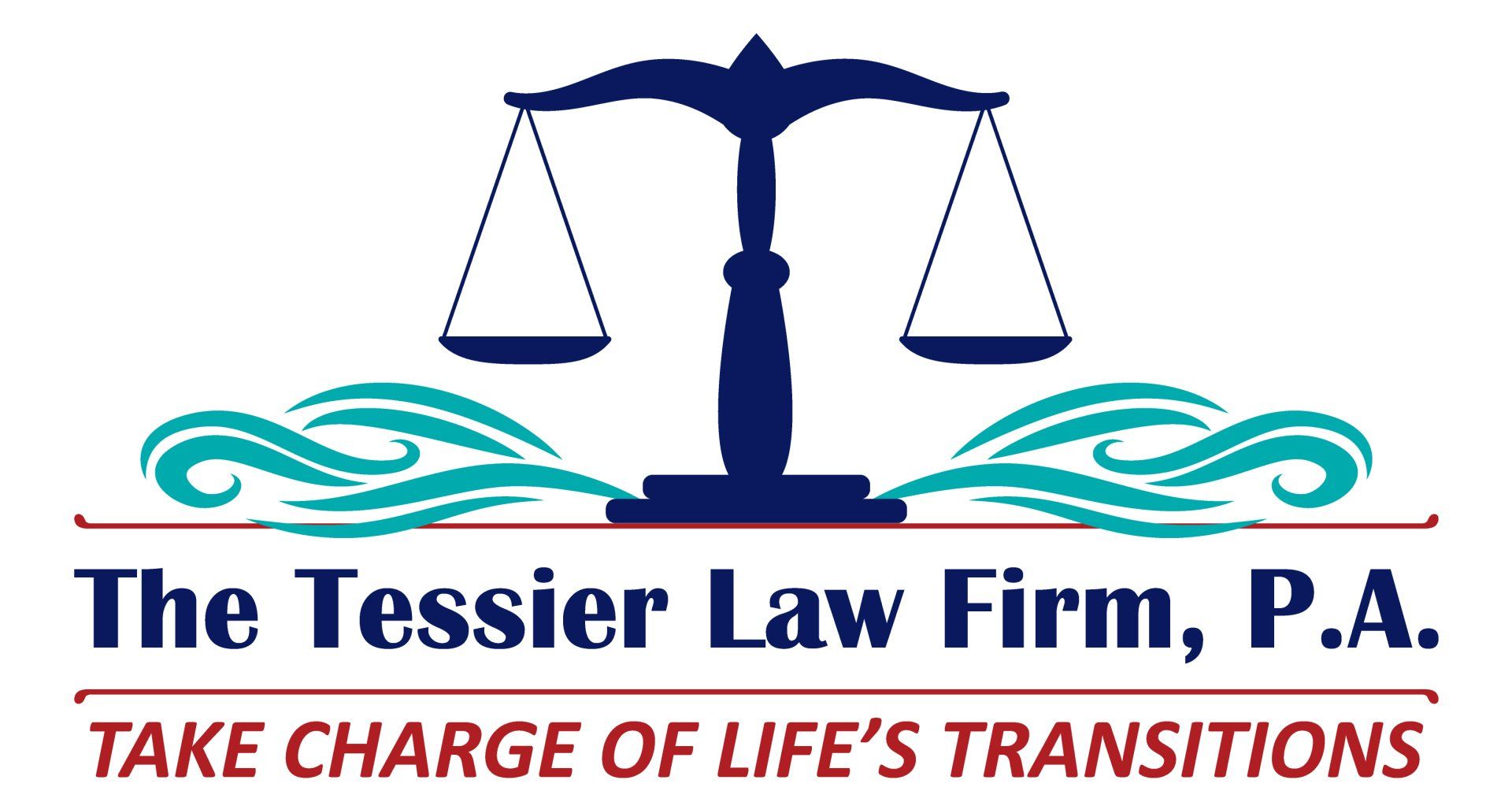Customized Estate Plans as Unique as You and Your Family
The Tessier Law Firm’s mission is to empower our clients to take charge of their most challenging life transitions. We provide empathetic legal counseling services primarily focused in the areas of Wills and Trusts, Probate and Administration of Estates, Elder Law, and Long-Term Care Planning.
Our home office is located in Winter Haven, and appointments are available in Lakeland. Home and facility appointments may be arranged upon request. We proudly serve all of Polk County in Central Florida, including: Lakeland, Winter Haven, Auburndale, Bartow, Haines City, Davenport, Lake Alfred, Lake Hamilton, Lake Wales, Frostproof, Mulberry, Polk City, and Davenport, as well as surrounding areas scuh as Four Corners, Champions Gate, Sebring, and Plant City.
Our satisfied clients include individuals and families with children, business owners, and residents of such 55+ communities as Lake Ashton, Traditions, Tower Lakes, Cypress Gardens, Cypress Lakes, Indian Lakes Estates, Del Webb, Sola Vita, Grasslands, The Colonnades, Lake Henry Estates, Schalamar Creek and The Hamptons.
Wherever you are in these communities, The Tessier Law Firm is here to guide you with clarity, empathy, and expertise.

Holistic Estate Planning That Works
Our process starts with education. We offer regular free in-person and online seminars so you can become familiar with the basics of existing options. We then invite you to schedule a thorough legacy wealth planning consultation - up to 90 minutes - so that your own personal family and financial situation can be discussed in detail. We have a clear step-by-step system to walk you through your decisions thoughtfully.
When you meet with Attorney Denise Tessier, we want you to feel comfortable discussing all important issues concerning both you and your family. We want you to understand all of your options to protect yourself, your family and your assets under our unique Florida laws, to make your own informed decisions about how best to "Take Charge of Life's Transitions!"

Holistic Estate Planning
Estate planning is NOT just about how your property or money should be handled after your death - is so much more ! Proper estate planning should also benefit you and your family during your lifetime, if you or loved ones are ill or incapacitated. We help you clearly outline your wishes regarding health, finances, and your legacy during times when you can't speak for yourself.
Our comprehensive client consultation, detailed documents, and instructions for your loved ones all come into play if you are ill or incapacitated, as well as when you die. We also ensure that minor children, surviving spouses, those with special needs, and others with particular health or financial needs have their interests well addressed if you cannot be there for them.
*ASK ABOUT OUR KID'S PROTECTION PLAN*
See What Our Clients are Saying About Us
For more information, or to schedule a consultation, call us at 863-220-7927.












